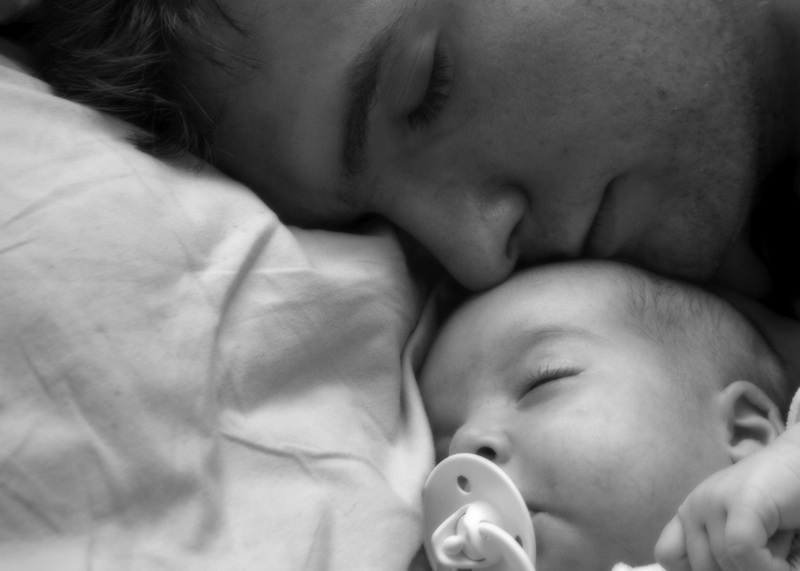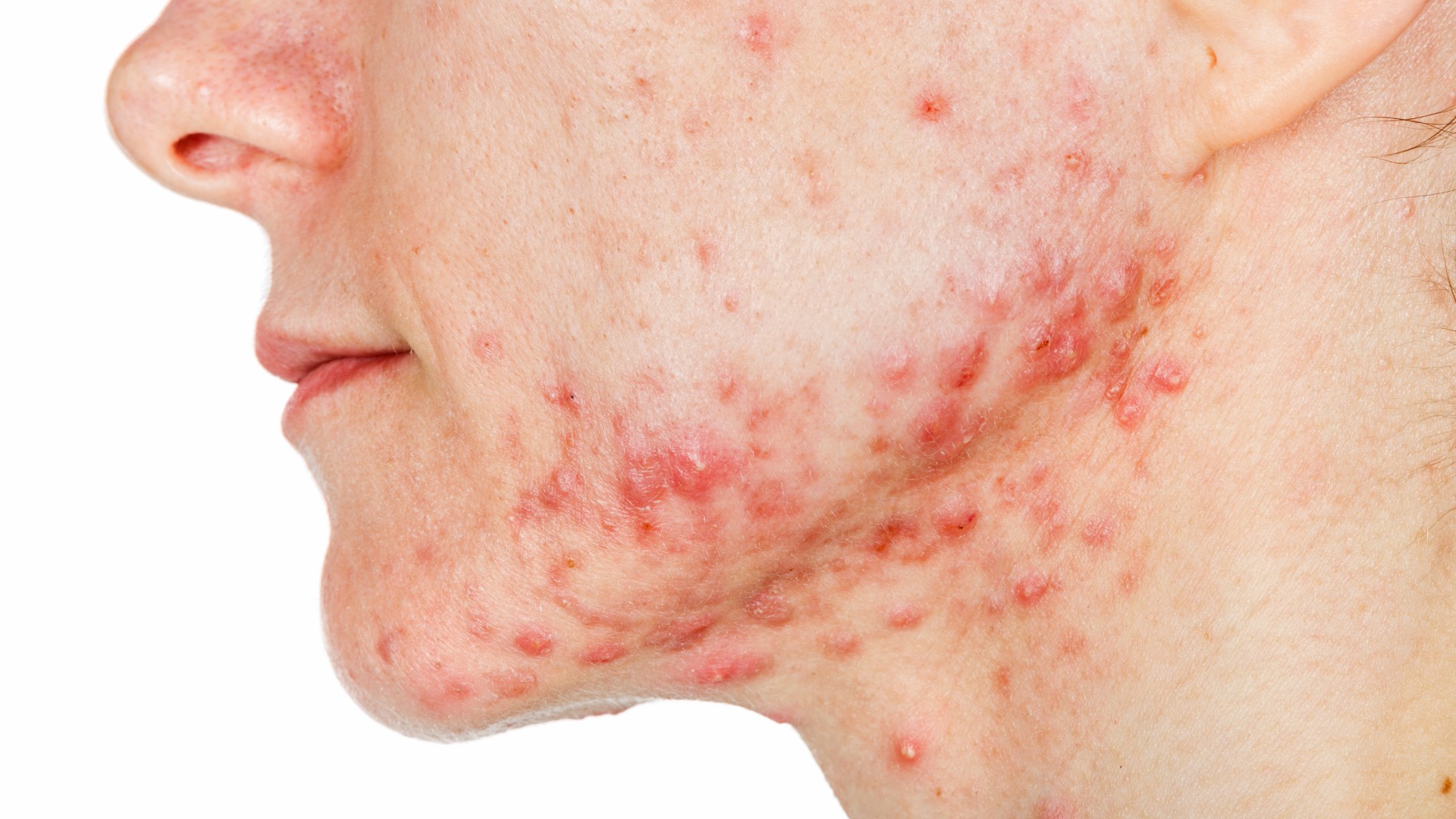Dads Who Co-Sleep With Kids Show Dip in Testosterone

Fatherhood consumes a lot of time and energy – and for fathers who sleep near their tots, it temporarily costs them testosterone, too.
Fathers in the Philippines who were about to sleep in the same bed or even the same room as their children had lower levels of the macho sex hormone than did fathers who slept in separate bedrooms, researchers reported today (Sept. 5). Their levels rose after they awoke.
The findings, covering four years of research, came with a host of caveats about the differing cultures between the Philippines and the United States. Even so, the results help undermine the notion that only mothers' bodies adapt to child care.
The research is detailed in the journal PLoS ONE. It follows up a 2011 study on the same population of men that found testosterone took a dip in new fathers. That drop was about 30 percent, or twice as much as the normal decline in men as they age.
"This suggests to us that active fatherhood has a deep history in the human species and our ancestors," study researcher Lee Gettler, an anthropologist at the University of Notre Dame, wrote in an email to LiveScience. "For some people, the social idea that taking care of your kids is a key component of masculinity and manliness may not be new, but we see increasing biological evidence suggesting that males have long embraced this role."
The recurring drops in testosterone may help men make the transition from competing against other males for a partner and engaging in some risky behaviors to becoming nurturers attuned to the care of children. [History's 12 Most Doting Dads]
The finding would lend itself to a redefinition of manhood.
Sign up for the Live Science daily newsletter now
Get the world’s most fascinating discoveries delivered straight to your inbox.
"If many human/hominin fathers have been actively taking care of their offspring for hundreds of thousands or millions of years, doesn't that suggest that such behaviors should be considered a part of 'what it means to be a man' or manliness or masculinity?" Gettler wrote.
Co-sleeping has long been a hot-button issue in the United States, with advocates citing the possible emotional benefits of the nurturing sleep arrangement, and critics warning about the dangers of sudden infant death syndrome. (In 2011, the Milwaukee Health Department rolled out billboards showing babies slumbering next to knives, with the tag line: "Your baby sleeping with you can be just as dangerous.")
Gettler and his colleagues examined data from the Cebu Longitudinal Health and Nutrition Survey, which has followed men in Cebu since 1983, when the participants were just 1 year old. As part of the survey, scientists in 2009 monitored testosterone levels in 362 new fathers before they fell asleep and just after they woke up. Fathers who co-slept with their offspring had significantly lower testosterone levels, but only before bed. By morning, fathers had equivalent levels of testosterone, whether they shared a bed or not.
The study had several caveats: Unlike Westernized cultures, Filipino fathers commonly sleep with their children. Around 92 percent of Cebuano fathers reported sharing a sleeping surface with their children; only 17 fathers slept away from their children, whereas the others either slept on the same surface (334 fathers) or in the same room (11 fathers) as their children.
Another qualification is that Filipinos typically sleep on mats, blankets, beds or mattresses on the floor.
"The typical Cebuano sleep environment is much different than the U.S., generally lacking things like plush mattresses, box-springs, heavy duvets, etc.," Gettler wrote in an email.
Helen Ball, director of the Sleep Lab at Durham University, told LiveScience via email, “Some fathers become very synchronized with the behavior and sleep patterns of their partner and infant, others do not. It would be interesting to explore whether this difference is associated with paternal differences" in testosterone.
Gettler noted that the sleep of fathers who are among their children is interrupted more often, which could explain the results, even though the Cebuano fathers reported normal amounts and quality of sleep.
“We know that mother-infant pairs that bedshare experience more transient arousals and experience less deep sleep,” Gettler wrote.
Researchers at the University of Chicago have found in a separate study that men who slept for five instead of eight hours each night had decreased levels of testosterone.
The current study could be coming to the U.S., where sleeping habits are more diverse than in the Philippines.“I think there are many important questions here, both from a behavioral physiology and men's health perspective,” Gettler wrote.
Follow LiveScience on Twitter @livescience. We're also on Facebook & Google+.









